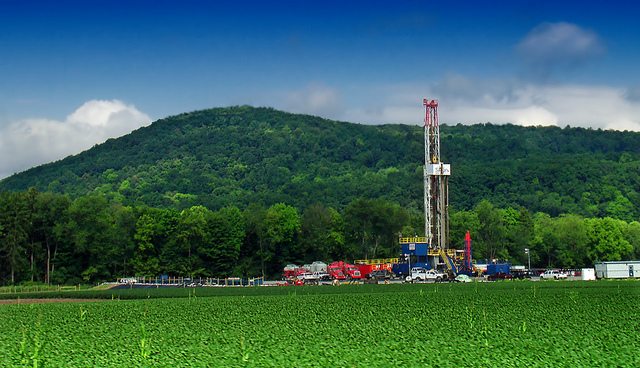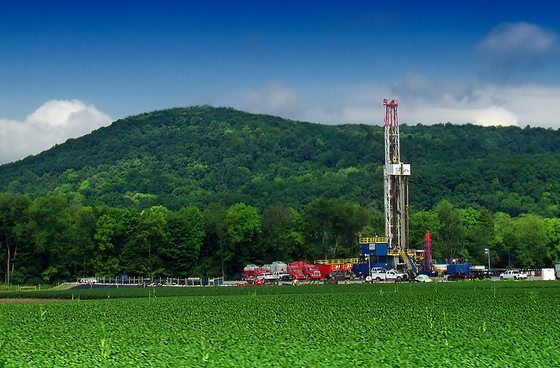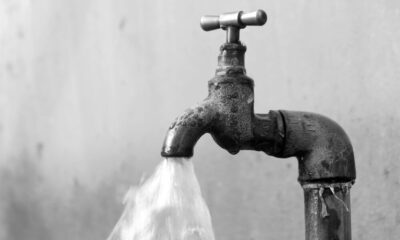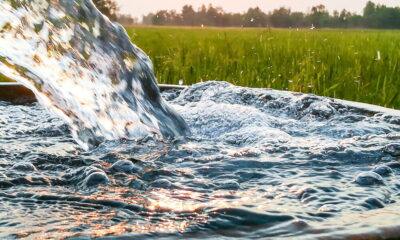

Energy
Fracking could pose risk to almost half of UK’s drinking water – study
Deposits of shale gas overlap with almost half of the UK’s primary water aquifers, presenting significant potential risks of water contamination if these areas were exploited, according to a study from the British Geological Survey (BGS) and the Environment Agency (EA).
Fracking, or hydraulic fracturing, involves injecting fluid into rocks to allow natural gas and petroleum to be extracted. The method is controversial because of the environmental impacts.
Whist the method is widespread in the US, it has yet to become a popular energy source in Europe, but the UK government has suggested it could be a transition fuel in the journey to low-carbon economies.
The new maps aim to improve understanding of the distance between principle aquifers and the areas that are of interest to shale gas and oil exploration companies. Understanding the distance is important is assessing the environmental impact of fracking.
Rob Ward, director of groundwater science at the BGS, said, “For the first time the public will be able to visualise our nationally important principal aquifers in relation to potential shale gas and oil source rocks. This information will help to better understand the risks to groundwater from shale gas and oil.”
Main drinking water aquifers cover 81% of the UK, and some 47% of this is underlain by one or more potential sites for shale oil and gas. This poses some risks, for instance, the Bowland Shale, an important potential target for shale gas developers, is generally 800m below six principle aquifers used as a source of drinking water.
Alwyn Hart, head of the air, land and water research team at the EA, added that the UK has “strong regulatory controls” in place to protect groundwater and activities that threaten drinking supplies would not be permitted.
The shale industry has argued that the wells are separated from drinking water, making contamination very unlikely. However, there have been reports of wells leaking in the US and separate research found that fracking safety data is “sparse” across Europe.
The controversial method of gas extraction has also been linked to increases in earthquakes, leakage of greenhouse gases and risks to human health.
As a result of these concerns, public support for fracking has been weakening. A series of surveys from the University of Nottingham show that in July 2013, 39% of participants supported fracking in the UK. However, at the beginning of this year the figure had fallen back to 26%.
Photo: Nicholas A. Tonelli
Further reading:
Shale gas reserves in Scotland ‘not worth fracking’
Allow fracking in National Parks, says Environment Agency chief
Wastewater caused by fracking ‘triggers US quake surge’, report suggests


 Environment11 months ago
Environment11 months agoAre Polymer Banknotes: an Eco-Friendly Trend or a Groundswell?

 Features10 months ago
Features10 months agoEco-Friendly Cryptocurrencies: Sustainable Investment Choices

 Features11 months ago
Features11 months agoEco-Friendly Crypto Traders Must Find the Right Exchange

 Energy10 months ago
Energy10 months agoThe Growing Role of Solar Panels in Ireland’s Energy Future






























